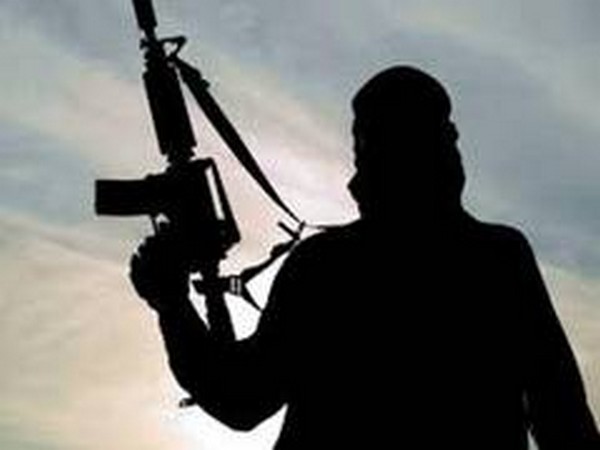
As Kabul burns, attention shift on Pakistan: Report

Kabul [Afghanistan], August 27 (ANI): A day after ISIS claimed responsibility for the twin Kabul blasts that killed over 60 people, once again questions are being raised about the Taliban’s complicity in the actions of the terrorist group.
An ISIS suicide bomber was behind the explosion near Kabul airport that killed nearly 13 people and injured several including three US troops. According to UnHerd magazine, the suicide bombings at the Kabul airport are almost certainly the work of the IS’s “Khorasan Province”, the branch of the organisation in Pakistan and Afghanistan.
Kyle Orton, writing for the UnHerd, said that what is clear from the attack at the airport is that either the Taliban was complicit or the Taliban was unable to stop it. “In either case it is risible to suggest that the Taliban can assist in counter-terrorism.”
“At root, the distinction between ISKP and the Taliban is their nature: ISKP is a non-state actor and the Taliban is a wing of Pakistan’s (deep) state. The network of jihadists that has just taken over Afghanistan — led by the Taliban and the Haqqani Network — is just the latest iteration of Pakistan’s jihad project in Afghanistan, which began no later than 1974,” Orton said.
According to the writer, Pakistan’s Inter-Services Intelligence (ISI) has recruited, trained and funded the Islamist militants in Afghanistan to create a colonial dependency as the agency believes it is in a civilisational war with India. “And unless Pakistan controls Afghanistan, India will, and this will ‘encircle’ Pakistan.”
Orton argued that it is too late to save Afghanistan, but at least it might set us — at long last — on a better policy track in dealing with Pakistan.
The self-proclaimed ‘caretaker’ President of the Afghanistan Amrullah Saleh also said that the Islamic State-Khorasan Province (IS-K) has links with the Taliban and the Haqqani network, particularly the ones operating in Kabul.
Saleh also hit out at the Taliban for denying links with ISIS and said that it is similar to the denial of Pakistan on Quetta Shura.
“Every evidence we have in hand shows that IS-K cells have their roots in Talibs & Haqqani network particularly the ones operating in Kabul. Talibs denying links with ISIS is identical/similar to the denial of Pakistan on Quetta Shura. Talibs have learned very well from the master. #Kabul,” Saleh said in a tweet. (ANI)

















POST COMMENTS (0)